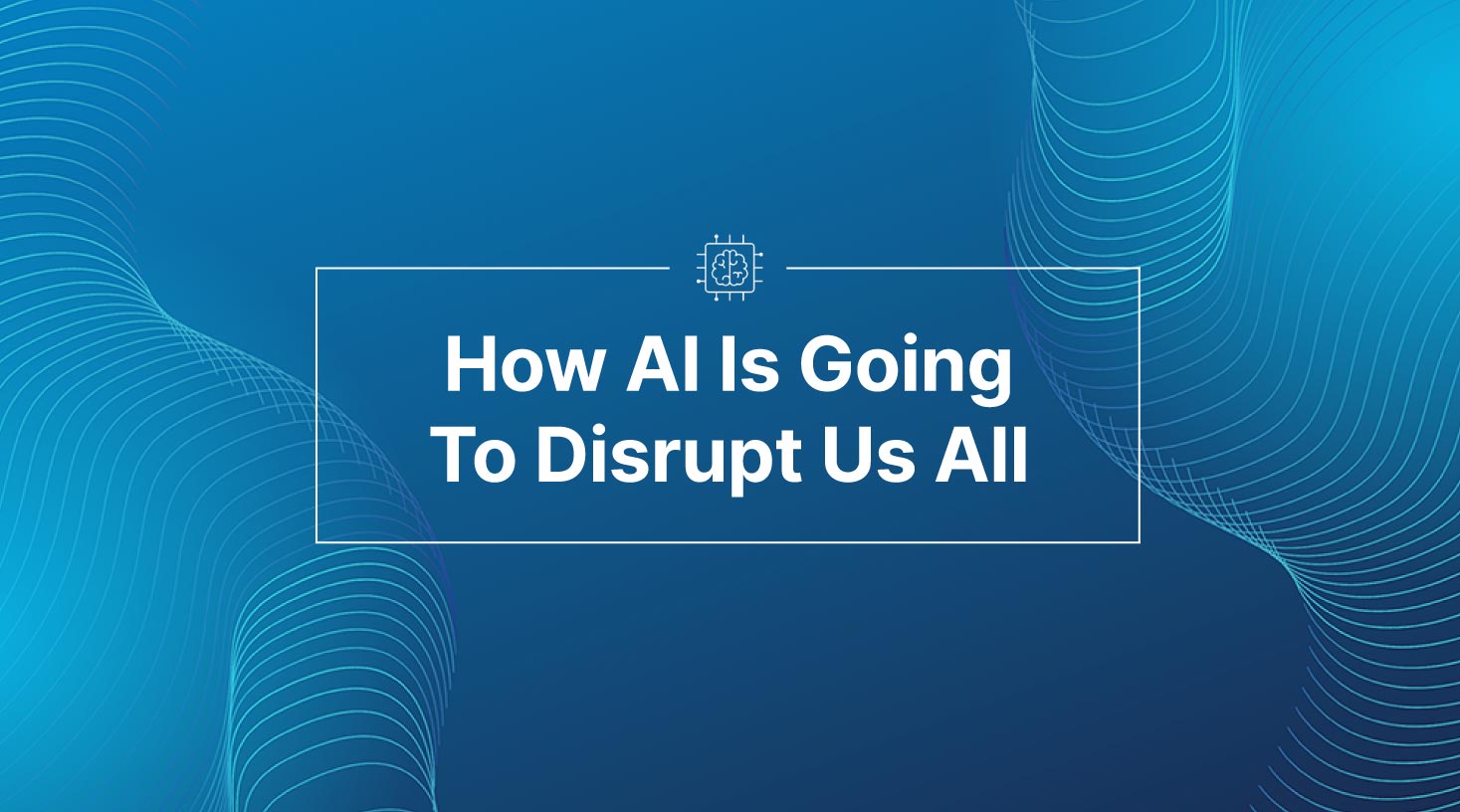The New Wave Of AI-First Saas—And How It’s Going To Disrupt Us All
Last Updated: July 19th 2023

Is AI The New Cloud?
For coding bootcamp CEO Ludo Fourrage, the answer is a definite ‘yes’—which also means as many opportunities for technical people, at all levels, as that earlier wave of disruption brought to the economy
Despite what you read (or may secretly fear), ChatGPT won't end the need for developers.
Instead, there's going to be a huge need for developers, because AI is going to create new opportunities to rethink and reinvent existing solutions and existing products—and reinvent the cloud apps market very significantly in the process.
If you want a model for this, think of the first wave of cloud. If you were a tech startup before the cloud happened and had no cloud story to tell, overnight you became a legacy startup.
You had to make way and watch all the new startups sweeping you out of the way that, unlike you, were cloud-native.
That meant that they had built a product from the get-go with cloud in mind.
As a result, they were able to bring to market new capabilities, new thinking, and new sets of features.
And with AI as unleashed by the current wave of Generative AI, we're going to see a huge disruption in traditional Saas/Software-as-a Service that will be just as seismic, and which will also pull in vast new sets of human labor to help.
A new set of problems calls for a whole new slew of fixes.
I'm sure you can see my logic: in the same way we had cloud-first solutions, we're going to have AI-native solutions, or AI-first solutions.
Think about all the time we've spent trying to automate workflows for the end user—think about Salesforce, think about Zendesk, all the chatbots we've had up to now, essentially: when all of a sudden you can replace that limited human user with an AI 'user', all those features are not needed anymore.
You don't need to automate the workflow for an AI user, it's going to automate itself or at the very least you're going to do it very differently.
On the Nucamp website, for example, we're using a chat widget called Crisp.
It's a great tool and we love it, but the point is what we ended up with is very similar to what HubSpot or Zendesk provide.
Behind the scenes, there's a bunch of human agents aided by message shortcuts—there's a feature that allows someone to just copy and paste pre-canned messages so that they don't have to type it on their on their keyboard, for example, and there's another feature that tells the prospect or the person visiting the website, Hey, today we're typically able to get back to you in under 54 minutes, kind of thing.
There's also a knowledge base set of features that allow users to find their own solutions by crawling all over it.
And all this is state-of-the-art for what we used to think acceptable levels of chatbot help, but it's all really about automating human workflows.
But with an AI chat, those back room features are not needed anymore.
First, I only have one AI, I don't need so many agents anymore, I don't need to support them with shortcuts: the AI knows what it's supposed to say, and is the knowledge base.
So, any solution out there that's about automating and making humans more productive is going to be significantly disrupted by any new AI-native solutions.
That's going to be a big problem for bigger SaaS companies that have invested so much in not just this but all sorts of human-supporting functionality that we maybe don't need so much of anymore.
There's going to be huge disruption and a huge need for new types of new, AI-first solutions.
The point is they are all ones a developer will have to build—both for big SaaS companies caught out by all this, and smaller companies like ours and everyone else who will have to totally rebuild their customer support interfaces very quickly.
And, of course, that's just one aspect of the impact AI-first will be making on us. Still convinced it's risky to enter the tech market right now? Come on in... the water's so warm!
Ludo Fourrage
Founder and CEO
Ludovic (Ludo) Fourrage is an education industry veteran, named in 2017 as a Learning Technology Leader by Training Magazine. Before founding Nucamp, Ludo spent 18 years at Microsoft where he led innovation in the learning space. As the Senior Director of Digital Learning at this same company, Ludo led the development of the first of its kind 'YouTube for the Enterprise'. More recently, he delivered one of the most successful Corporate MOOC programs in partnership with top business schools and consulting organizations, i.e. INSEAD, Wharton, London Business School, and Accenture, to name a few. With the belief that the right education for everyone is an achievable goal, Ludo leads the nucamp team in the quest to make quality education accessible


